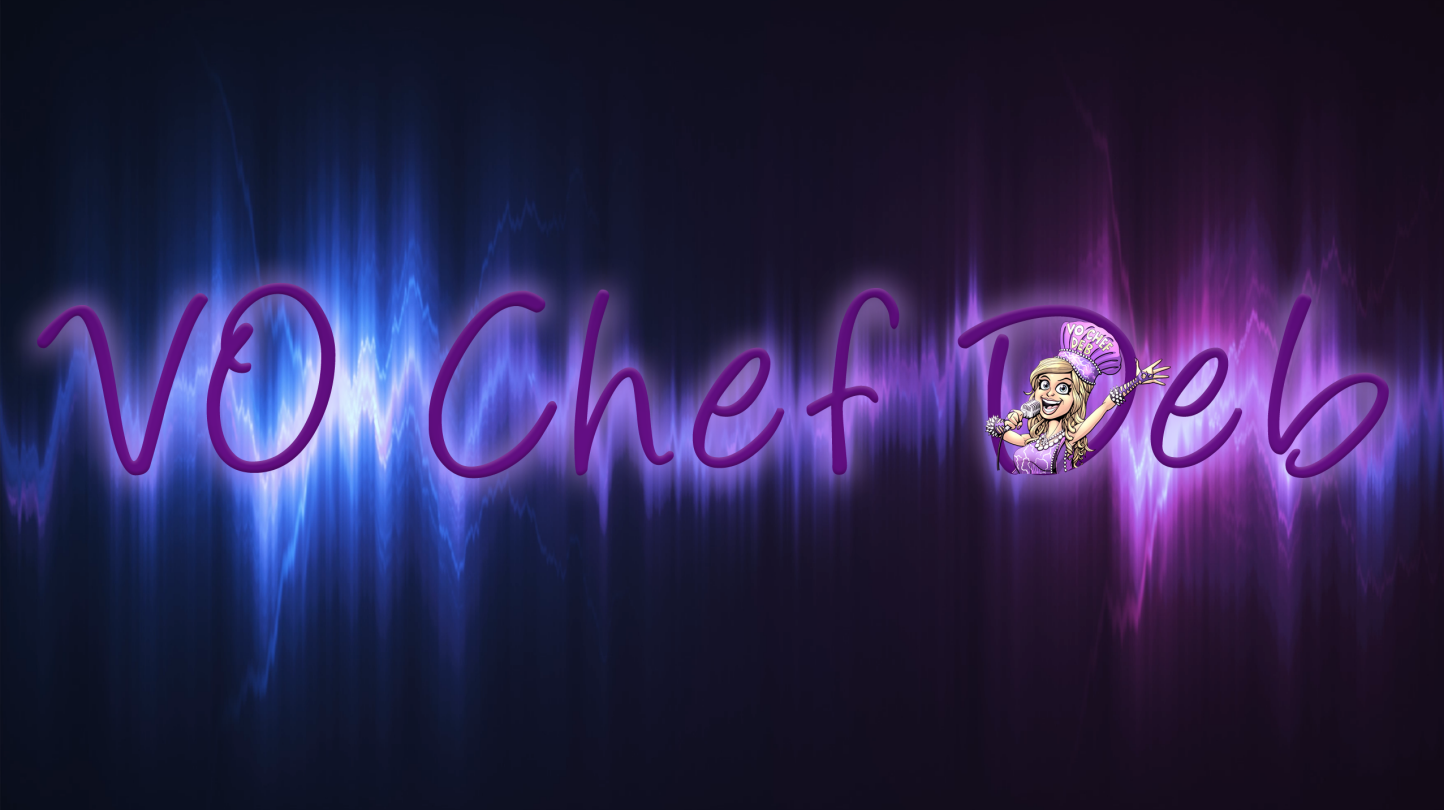Hopefully you’ve taken enough training now that you KNOW you are ready to make a demo. Depending on the demo director/coach/producer you choose, you may want to help create your demo copy. Keep in mind we are talking about demos that are created from scratch, not demos that are samples of your current work. Also make sure you’ve worked with this Demo Director/Coach/Producer prior to recording a demo.
Many demo producers have the copy prepared for you, while others like your participation. However if you are totally writing it without any further help from your coach/producer, this isn’t recommended. Each demo is completely different of course and I can only speak for my own personal methods, but I prefer that the talent help me in creating their demo scripts as this helps to bring out originality but more importantly the personality of the talent. My job is to make these scripts sound original, demo worthy and not be a copyright infringement.
The most important thing to keep in mind is that you should NEVER use copy from websites or workshop/seminars that offer you scripts. There are many reasons for this but the most obvious is that this is a small industry and the decision makers listening to your demo recognize this OVERUSED copy. For example Edgestudio.com offers tons of scripts and recording contests etc. and I hear these scripts on demos and that is something I STRONGLY advise against. This copy is overused and very recognizable. There is much more to choose from than using copy already done.
For commercial demos – I like to use magazines and websites for particular products. For example their signature catch phrases can be turned into a creative spot etc. I also always try to find some humor within the demo (depending on the personality of the talent however).
For Narration demos – I like using manuals for the tutorial type projects. I also use websites once I’ve thought of a company to narrate for. Previous e-learning jobs are good to use (as this isn’t aired on TV or anywhere it can get saturated and you actually voiced the job). I also like using books, magazines and libraries for documentary type copy.
Audiobook Demos – Good old fashioned books are up for grabs. No re-writes necessary. Just make sure you are looking for different genres and writing styles (in all your demos)
Animation/Video Game – this is much more complex. Work with your demo coach on this one and either create copy that’s original (NOT FROM ANIMATIONS, FEATURES OR VIDEO GAMES) or work on copy through comic books and adlibbing. This is the hardest of all copy to create as you need scenes for animation, not just what the character would say. Video Games are bit easier to create lines for. In this category, better safe than sorry in this category.
Imaging Demos – use your creativity if you can here. You can have tons of fun with imaging. Really listen to radio stations of different genres. This should help prompt some great ideas. Also your demo coach/producer will more than likely provide you with most of the copy.
Promo Demos – time to watch TV and create promos to suit a certain show. Your demo coach should be working closely with you on this one as well, if not picking the copy for you. This is also a very creative process, but the producer needs to be able to have a digital copy of audio bytes from that particular show you are promoting.
There are many more, but this will give you a good idea of where to start. There is the never ending debate on copyright, but the more you add some originality to your copy, the less you have to worry about the debate. I’ll save the debate for another article in the future.
Until next time,
Chef Deb
www.DebsVoiceRecipe.com

